
Peoples and Languages
Social Media
Leave comments, suggestions, keep an eye on news in our groups on VK, Odnoklassniki and Telegram channel
Peoples and Languages
Social Media
Leave comments, suggestions, keep an eye on news in our groups on VK, Odnoklassniki and Telegram channel

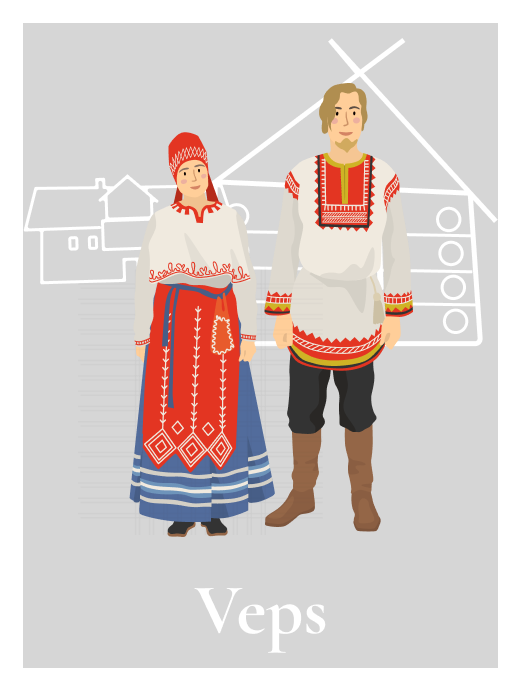
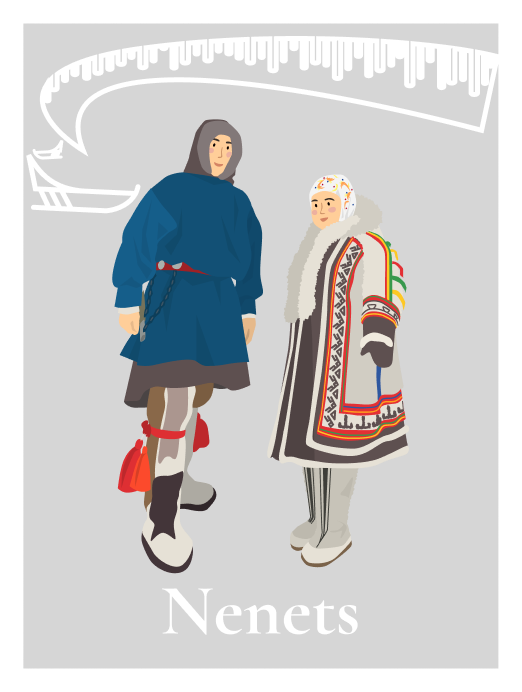
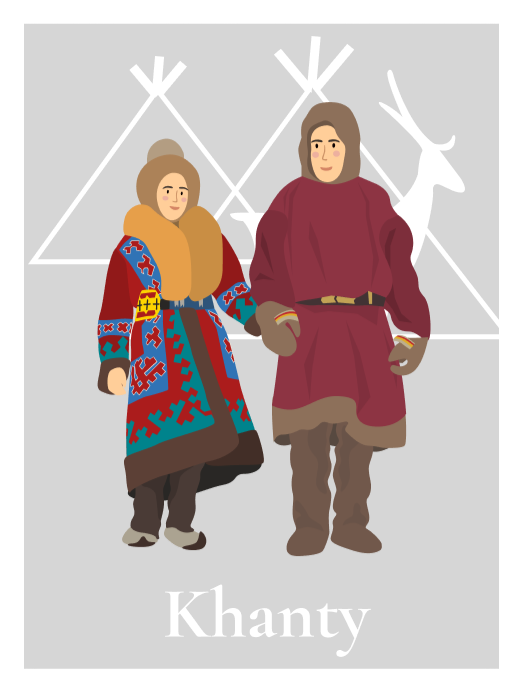
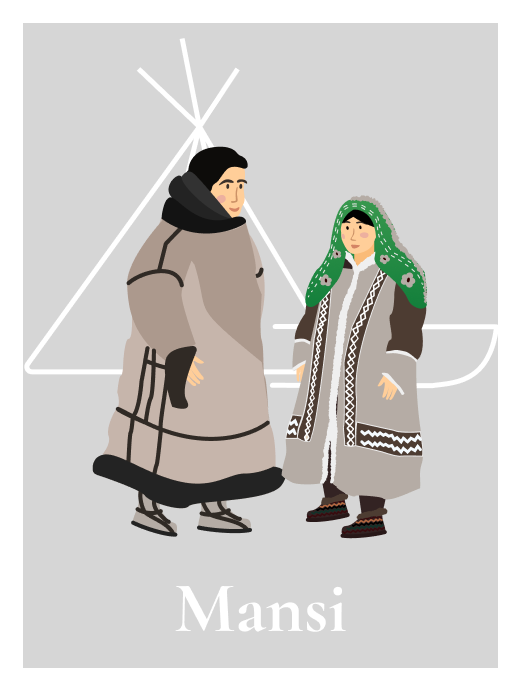


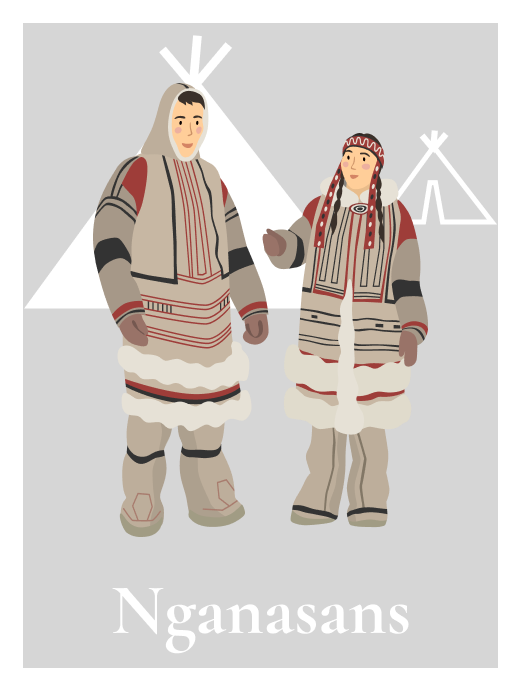

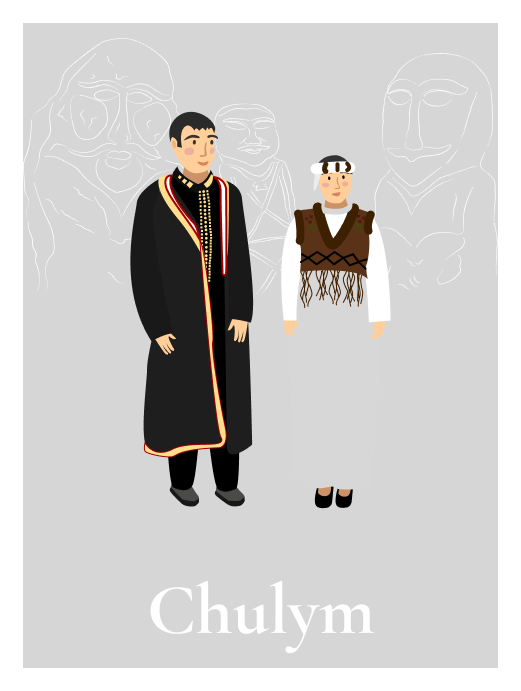

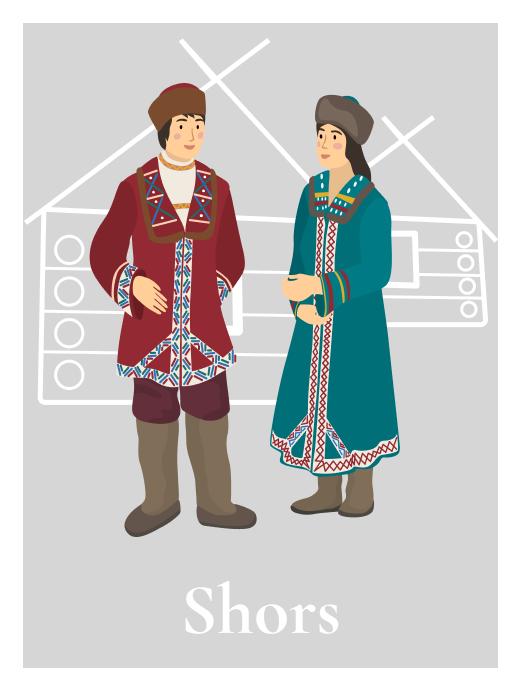
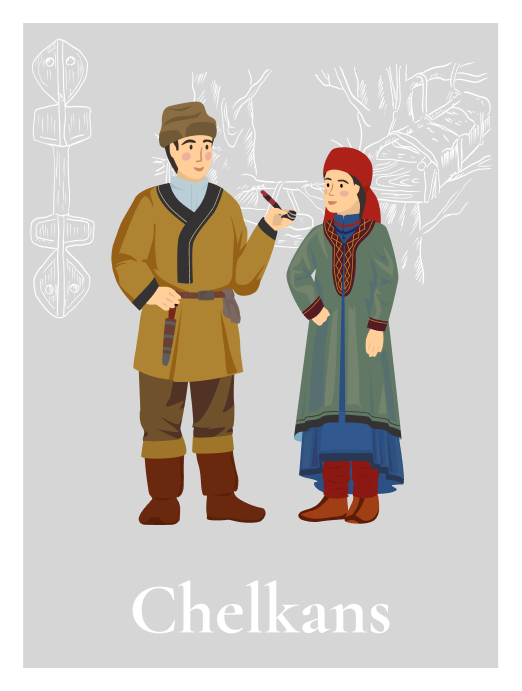


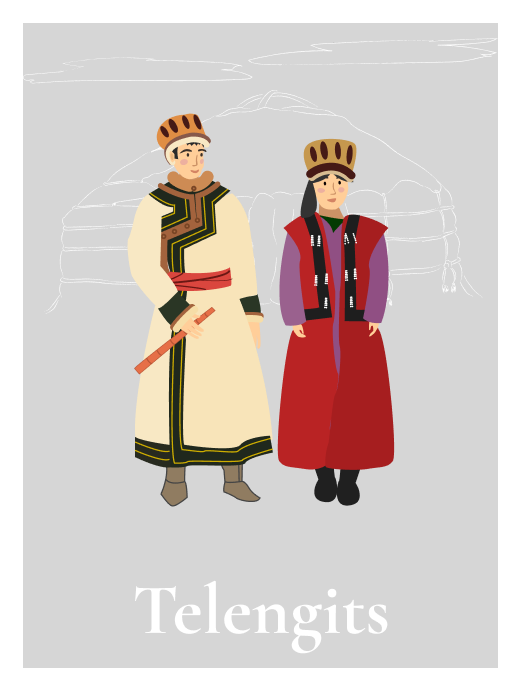
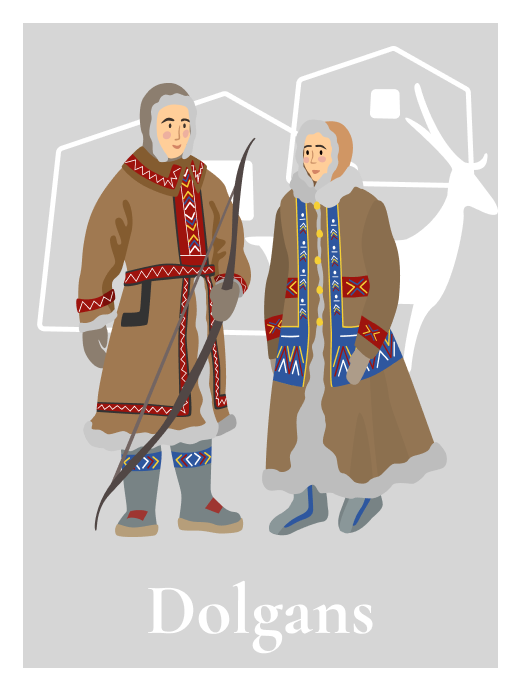
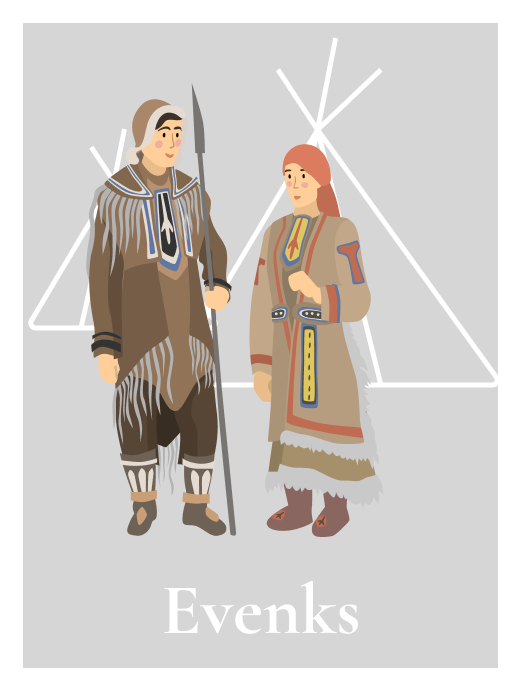


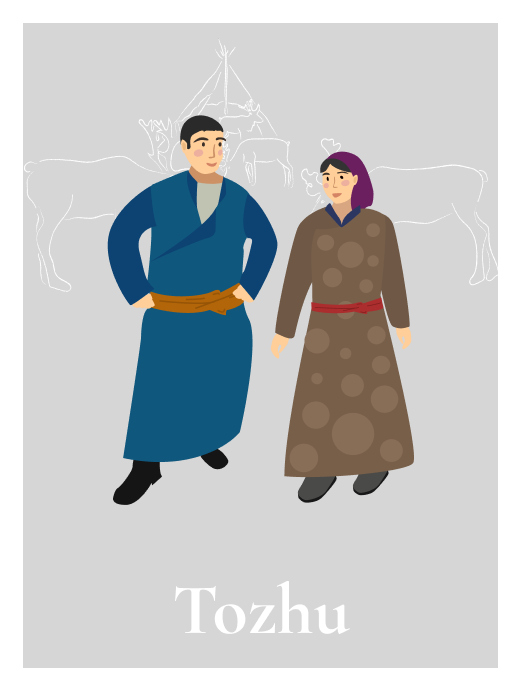



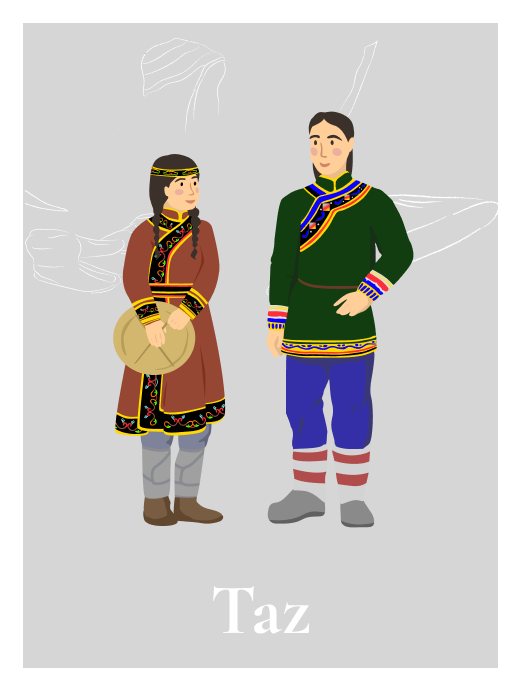

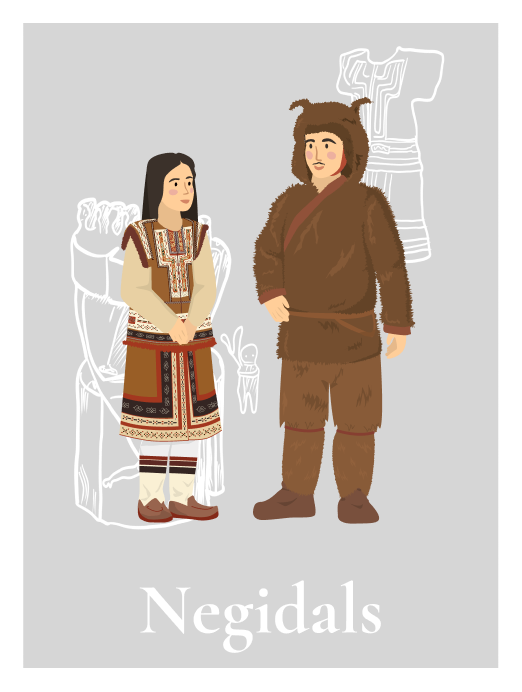



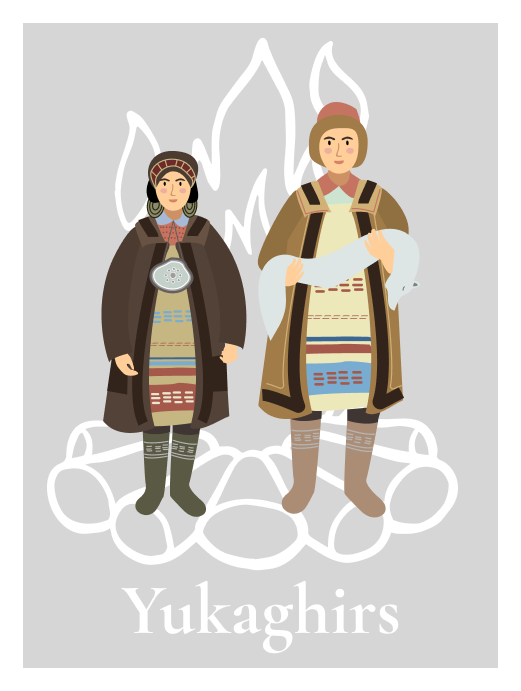


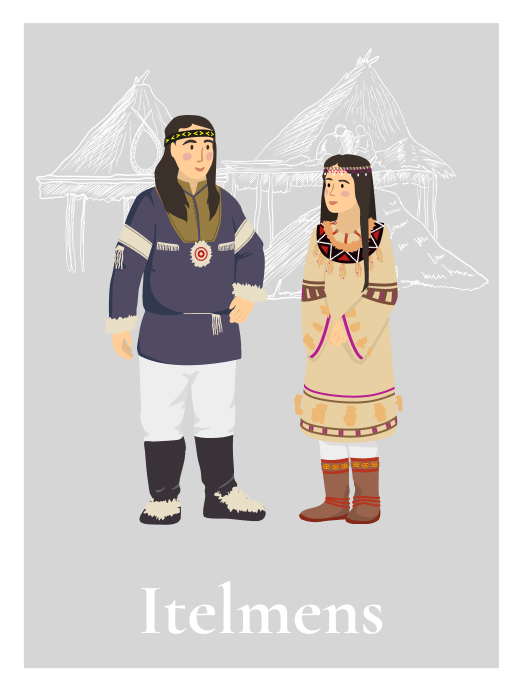

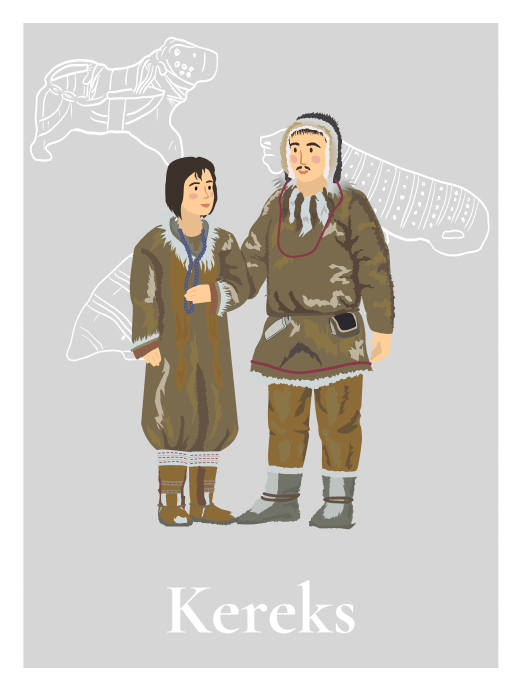
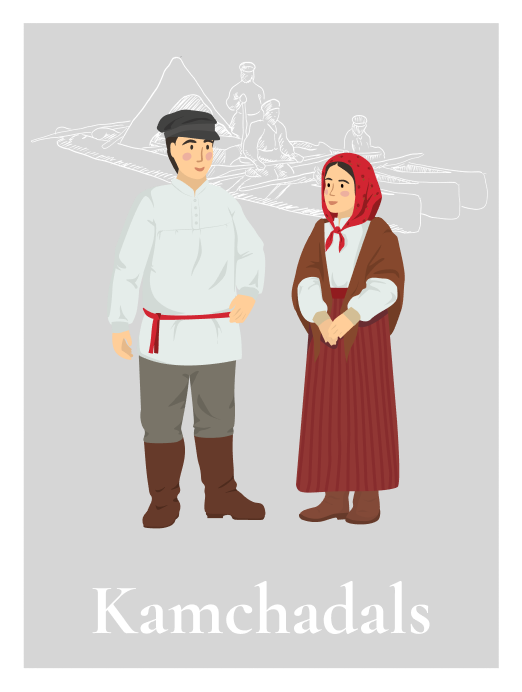

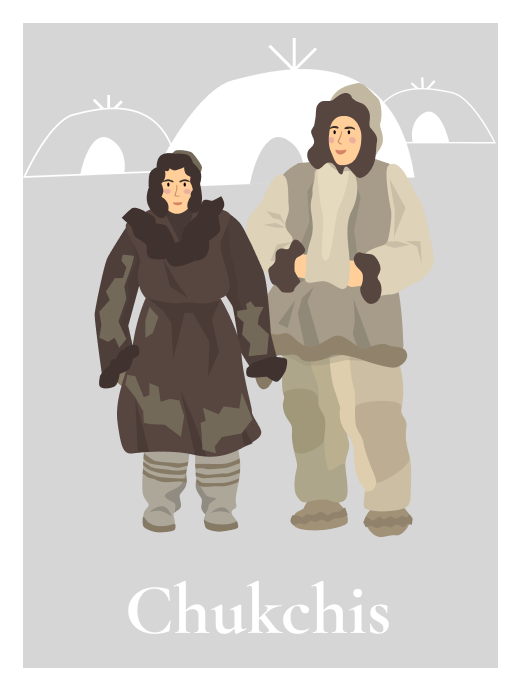
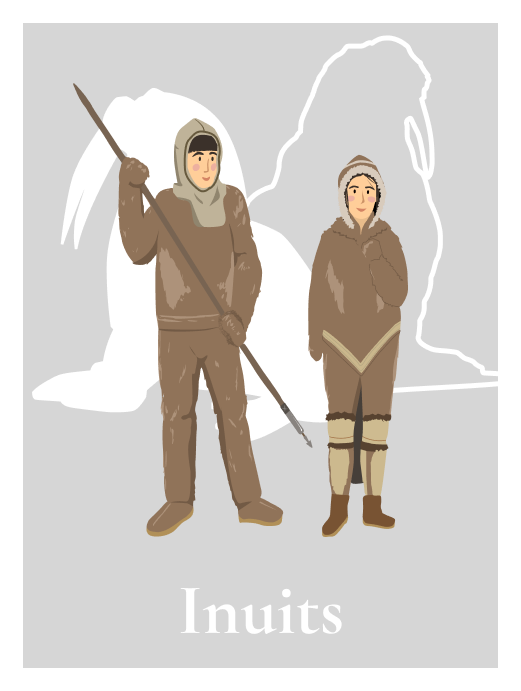
The self-designation of Mansi is ма̄ньщи (ма̄ньси), their language – ма̄ньщи ла̄тыӈ (ма̄ньси ла̄тынг). Various Mansi dialects had different phonetic versions of this word: in Sosvinsky dialect, it was маньси (mańśi); in Pelym, ма̄ньсь (māńś); in Lower Konda, мȫньсь (mɔ̄̈ńś); in Tavda, mäńćī, etc. This name dates back to the pre-Ugric word mańćз ‘man’, and it has parallels in other Ugric languages: Khanty and Hungarian (see the self-designation of Hungarians magyar).
The outdated name of Mansi is Voguls or Vogulichi (it can be traced down to 1396-1397 and was used up to the 1930s). According to one of the versions, there is a possible connection between the toponym of Vagil and the ethnonym of vogul, since on one of the maps of the Chertezhnaya Kniga Sibiri [Drawing Book of Siberia] (Remezov,1701), the Vagil river is called Vogulka, and its Mansi name is Volia, Vuolia (Mansi воль, вуоль ‘River Reach’ and я ‘River’) (Matveev 2008: 52). Subsequently, their language was called Vogul.
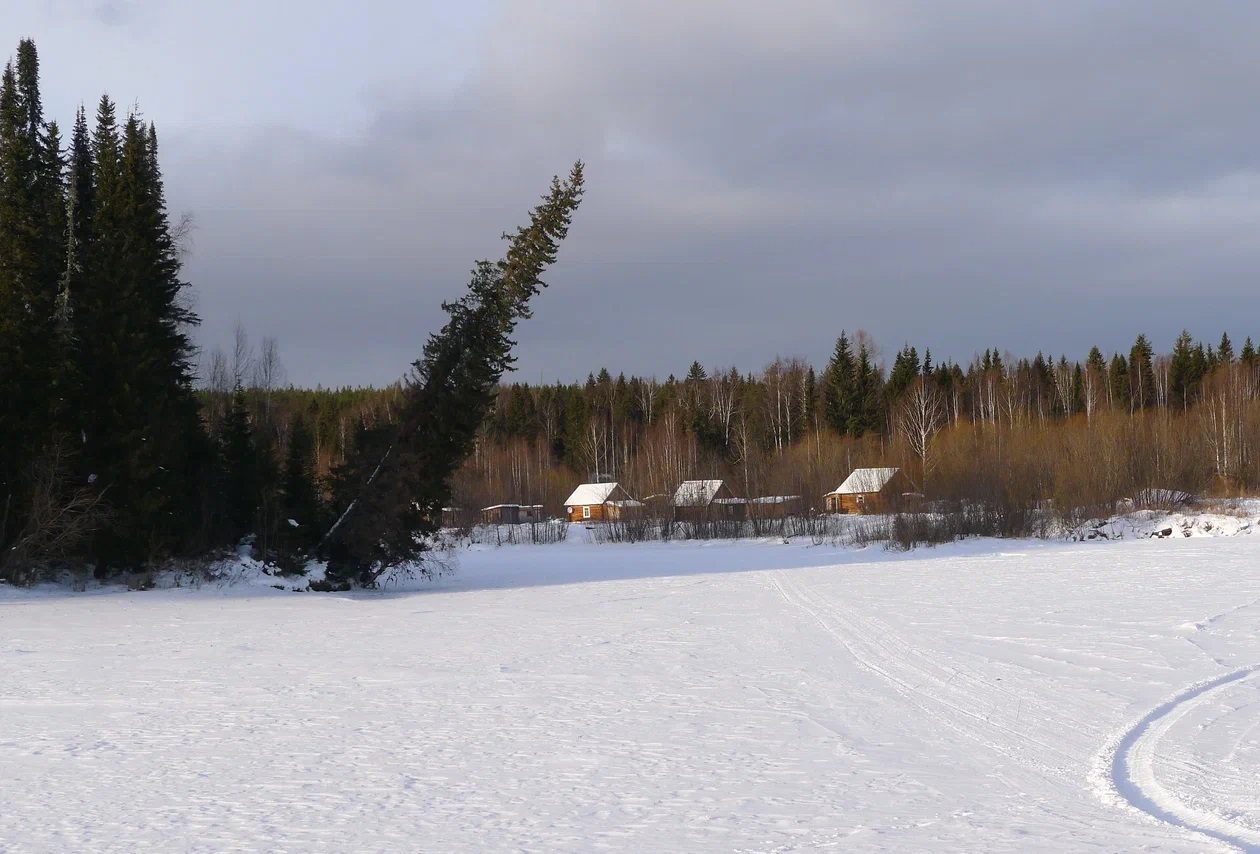
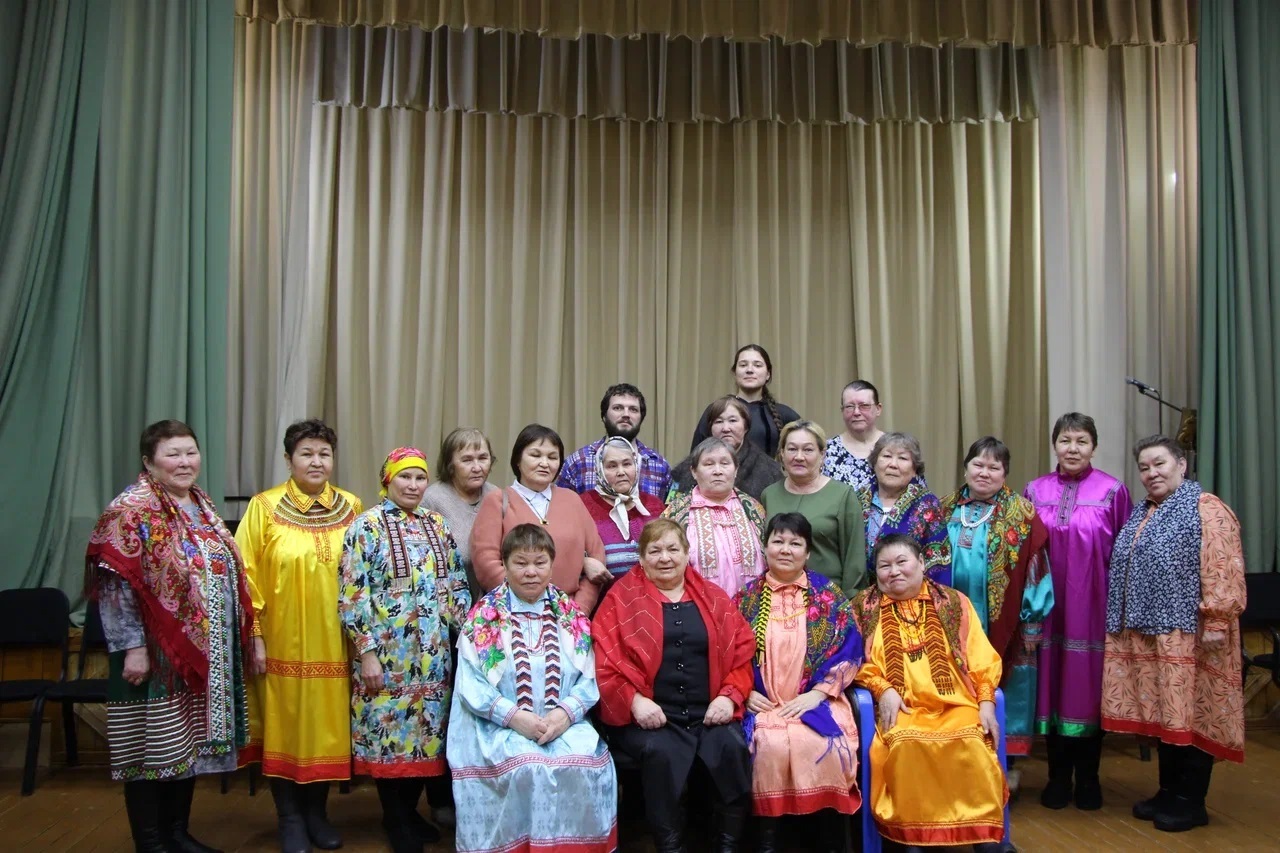
In the 20th century, the preservation of the Mansi language was negatively impacted by the historically established polyethnicity of Mansi settlement territory, close and prolonged contacts with Russians, Khanty, and Komi, urban growth and related socio-economic changes that drastically disrupted the way of life of indigenous people.